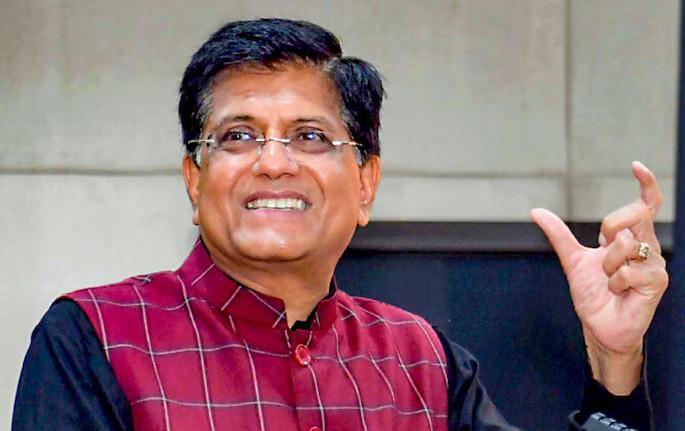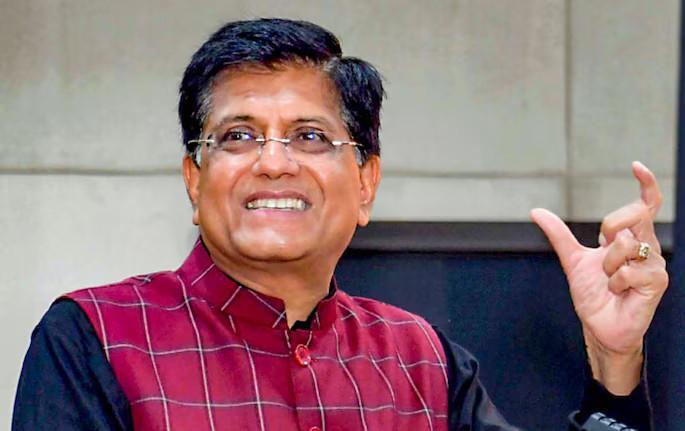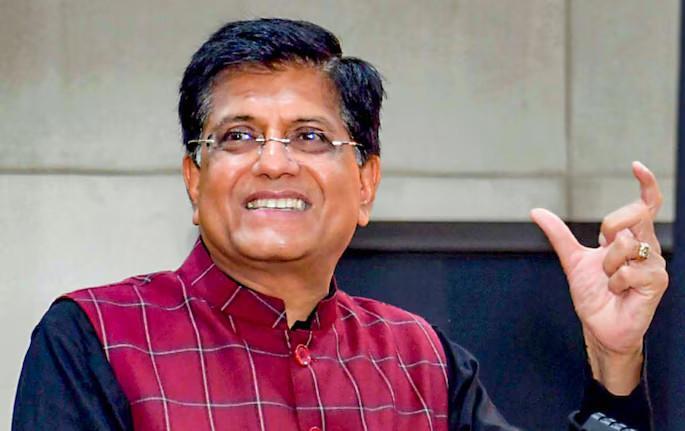
OpenAI & Elon Musk Agree to Fast-Track Trial Over For-Profit Model
In a recent development, Elon Musk and OpenAI have agreed to fast-track a trial regarding OpenAI’s transition to a for-profit model, according to a court filing. This decision comes after a court denied Musk’s request to pause OpenAI’s transition to the new model. The controversy surrounding OpenAI’s shift to a for-profit model has been ongoing for some time, with Musk accusing the company of straying from its original goal of creating AI for humanity’s benefit.
For those who may not be familiar, OpenAI is a non-profit artificial intelligence research organization that was founded in 2015 by Elon Musk, along with other tech industry leaders. The organization’s initial goal was to create AI that could benefit humanity, with a focus on developing AI that is safe and beneficial for society. However, in recent years, OpenAI has faced criticism for its decision to transition to a for-profit model, which some have argued could lead to the company prioritizing profits over its original mission.
Musk, who is also the CEO of SpaceX and Tesla, has been a vocal critic of OpenAI’s decision to go for-profit. Last year, he sued OpenAI and its CEO, Sam Altman, accusing the company of abandoning its original mission and prioritizing profits over the greater good. Musk’s lawsuit alleges that OpenAI’s transition to a for-profit model is a breach of his contract with the organization, and that he has a right to be involved in the company’s decision-making process.
However, despite Musk’s efforts to block the transition, a court has denied his request to pause OpenAI’s for-profit shift. The court’s decision has cleared the way for OpenAI to move forward with its plans, and the company is now expected to transition to a for-profit model in the coming months.
The agreement to fast-track the trial is seen as a significant development in the ongoing controversy surrounding OpenAI’s transition. The trial is expected to explore the details of OpenAI’s for-profit shift, including the company’s plans for using its profits and the potential impact of the transition on its original mission.
In a statement, OpenAI said that it was “pleased” to have reached an agreement with Musk to fast-track the trial. The company added that it is “confident” that the trial will “strengthen” its position and allow it to move forward with its plans to transition to a for-profit model.
Musk’s representatives have not commented on the agreement, but it is likely that the entrepreneur will continue to oppose OpenAI’s for-profit shift in court. The trial is expected to take several months to complete, and the outcome is likely to have significant implications for the future of OpenAI and the development of artificial intelligence as a whole.
The Implications of OpenAI’s For-Profit Shift
OpenAI’s decision to transition to a for-profit model has significant implications for the future of the organization and the development of artificial intelligence. While some argue that the shift will allow OpenAI to access new funding sources and accelerate its research, others have raised concerns about the potential impact on the company’s original mission.
One of the primary concerns is that OpenAI’s for-profit shift will lead to the company prioritizing profits over its original goal of creating AI for humanity’s benefit. With the pressure to generate revenue, OpenAI may be tempted to develop AI technologies that are more commercially viable, even if they are not necessarily beneficial for society.
Another concern is that OpenAI’s for-profit shift will lead to the company being bought out by a larger corporation. While OpenAI has stated that it will maintain its independence, there is a risk that the company could be acquired by a company with a different mission or values.
In addition, OpenAI’s for-profit shift raises questions about the company’s commitment to transparency and accountability. As a non-profit, OpenAI was required to disclose its financial information and operate transparently. However, as a for-profit company, OpenAI may be able to keep its financial information private and operate more secretly.
Conclusion
The agreement to fast-track a trial over OpenAI’s transition to a for-profit model is a significant development in the ongoing controversy surrounding the organization. The trial is expected to explore the details of OpenAI’s for-profit shift and the potential impact on its original mission.
While some argue that OpenAI’s for-profit shift will allow the company to accelerate its research and access new funding sources, others have raised concerns about the potential impact on the company’s original mission and the development of artificial intelligence as a whole.
As the trial proceeds, it will be important to keep a close eye on the developments and consider the implications for the future of OpenAI and the development of artificial intelligence.
Source:






